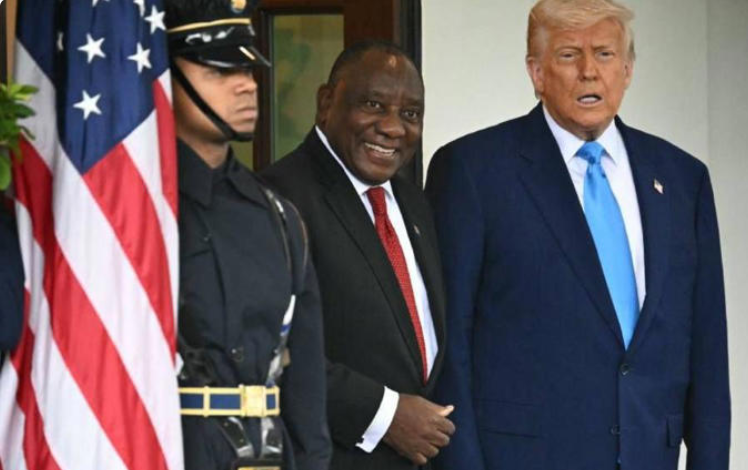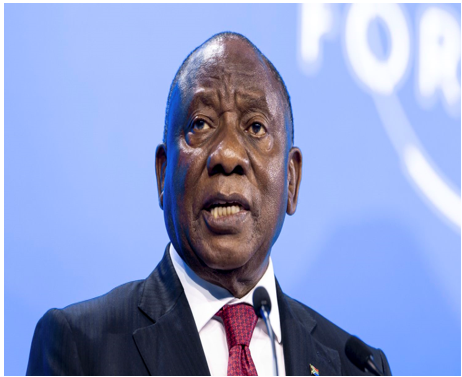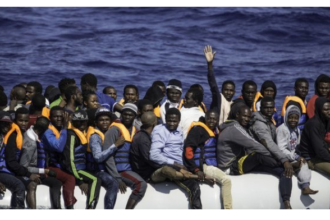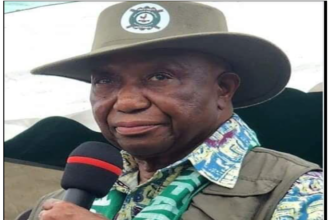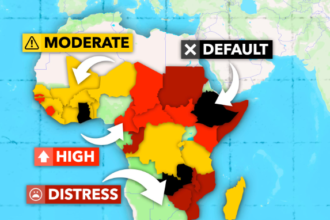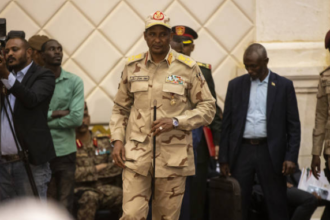By Mario Labrador
Washington D.C. – In a stunning and seemingly pre-planned move, US President Donald Trump blindsided South African President Cyril Ramaphosa during a White House visit on Wednesday, presenting him with a video allegedly depicting a “genocide” against white farmers in South Africa. The unexpected stunt injected controversy into what was intended to be a relationship-building visit, leaving Ramaphosa visibly struggling to address the unfounded accusations.
The incident unfolded in the Oval Office, with members of the press present. According to sources, Trump had staff play a video on a large screen that he claimed depicted black South Africans discussing the persecution of white farmers.
“They’re white farmers, and they’re fleeing South Africa, and it’s a very sad thing to see,” Trump reportedly stated, addressing Ramaphosa directly. “But I hope we can have an explanation of that, because I know you don’t want that.”
Ramaphosa repeatedly attempted to respond, but his efforts were reportedly drowned out. At one point, he pleaded for a calm discussion, stating, “We were taught by Nelson Mandela that whenever there are problems, people need to sit down around the table and talk about them. And this is precisely what we would also like to talk about.”
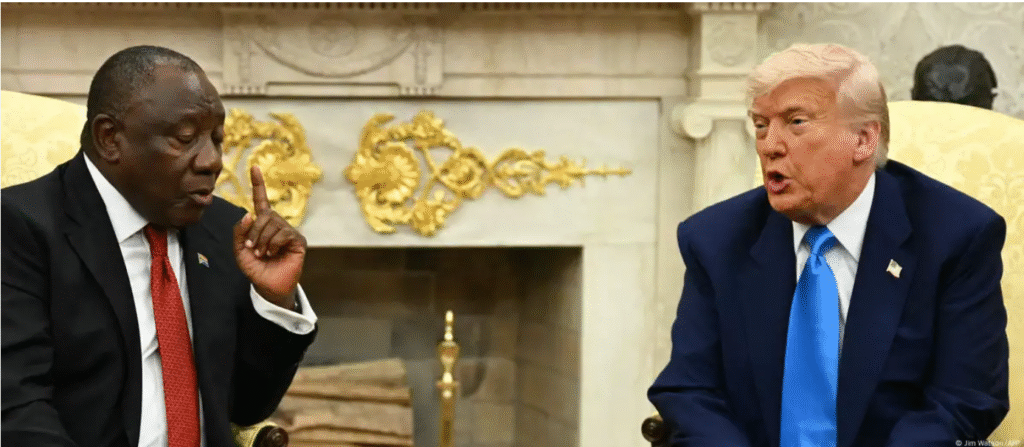
The South African delegation arrived in Washington D.C. hoping to “reset the relationship between the United States and South Africa,” as Ramaphosa himself stated. The visit was seen as an opportunity to address previous controversial claims made by Trump and his ally, Elon Musk, regarding the alleged persecution of white farmers. Musk, who was also present in the Oval Office, has previously accused South Africa of “openly racist” laws, referring to post-apartheid black empowerment policies that impact licensing for his Starlink satellite internet network.
Ramaphosa’s delegation included prominent Afrikaners, such as golfers Ernie Els and Retief Goosen, and businessman Johann Rupert, in a bid to appeal to the golf-loving US President and showcase a unified front. This followed reports that around 50 Afrikaners have recently arrived in the United States seeking “refuge” based on Trump’s previous offers.
The incident highlights the ongoing tension between the two nations, particularly regarding South Africa’s land expropriation law, which aims to redress historical inequalities resulting from white minority rule. Trump’s administration has been critical of the law, echoing concerns that it will lead to the arbitrary confiscation of white-owned land.
While right-wing Afrikaner lobby groups claim that Afrikaans farmers are being targeted in racially motivated killings, South African authorities maintain that these claims are unfounded. Police statistics indicate that the majority of murder victims in South Africa are young black men in urban areas.
The White House has yet to release an official statement regarding the incident. The long-term impact of Trump’s ambush on US-South African relations remains to be seen, but the incident has undoubtedly complicated efforts to foster a more positive and collaborative relationship.
